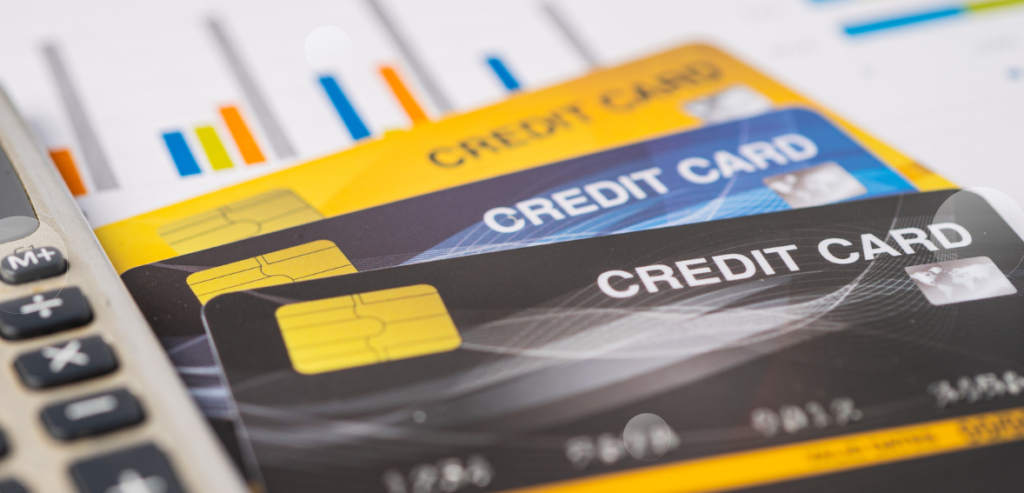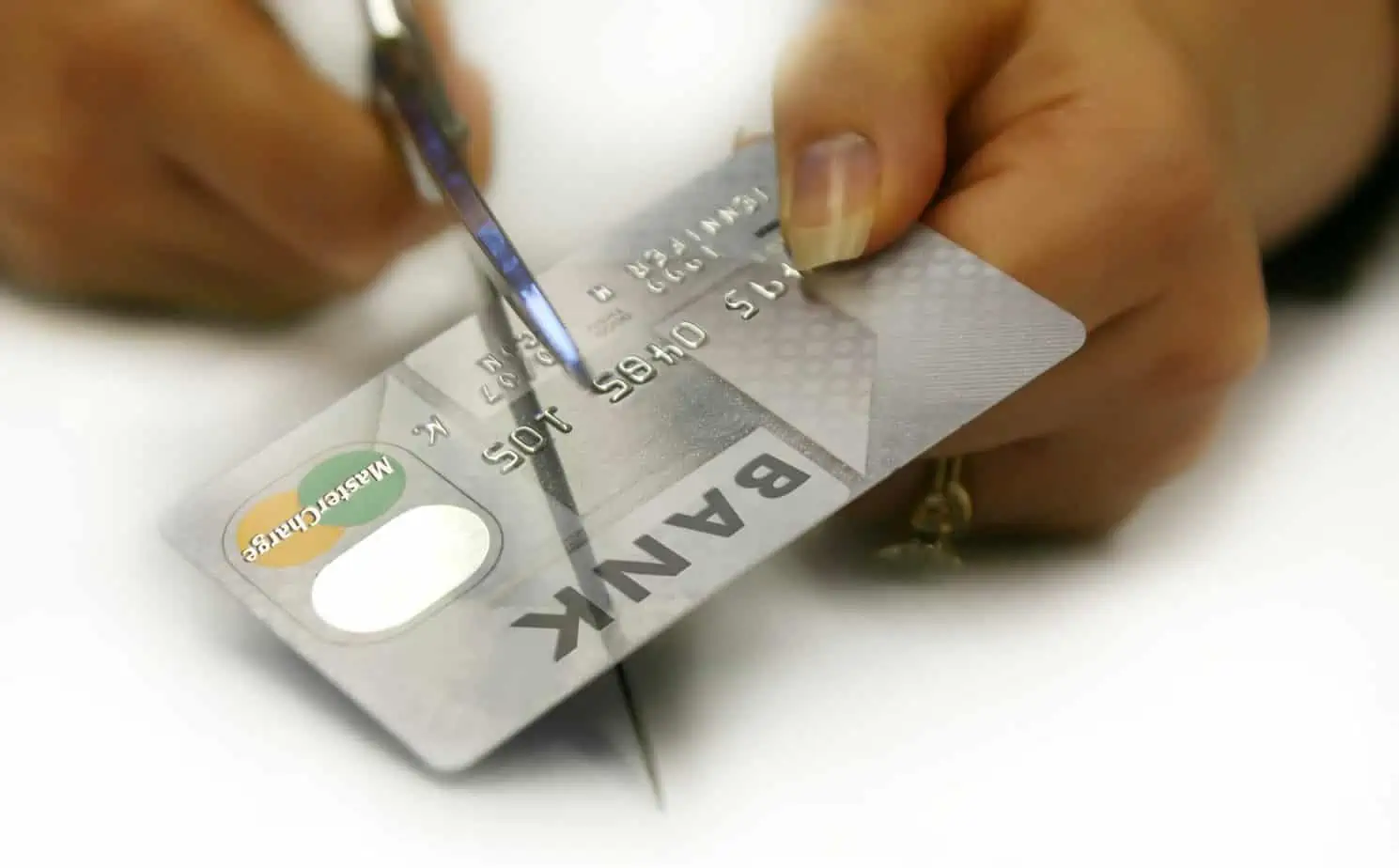Closing a credit card can seem like a straightforward process. However, there are specific steps that you should consider to close a credit card account properly. Taking these measures can save you from more considerable trouble in the long run.
We are here to help you understand and give a thorough review of these steps. In this article, you’ll learn why some people prefer to close their credit card accounts and how to do so properly to avoid an eventual decline in your credit score.
When Would You Cancel a Credit Card?

Before canceling your credit card, you should consider your options. You should be aware that if you cancel a credit card, the penalties might negatively influence your credit rating and report.
Canceling a credit card may be an easy process in some situations. In some circumstances, though, you may need to end a connection with a credit card that you now know was too expensive and was adding to your financial issues. Credit card closure might negatively influence your credit scores and show on your credit reports. It should be mentioned, however, that canceling a credit card is not necessarily a bad idea. When you get a credit card, you must understand the terms of the agreement.
There are other reasons to cancel a credit card. It’s a brilliant idea to terminate a credit card account if you don’t use it, don’t want to pay an annual fee, wish to transfer your loyalty from one airline or hotel to another, want to reduce the number of cards you have, or even because you’re just not finding it ideal to use a credit card anymore.
If your card has no annual fee, you do not need to cancel it. If you are losing money by keeping the card open, contact the card issuer and request a credit card with no annual fee.
Reasons Why People Want To Close A Credit Card
There are many reasons you might decide to close your credit card account. If you are starting to feel that you’re drowning in debt – primarily because of the annual fees piling up, closing your credit card is something you must consider.
Great Deal of Temptation
Some of us have a severe problem with spending money we don’t have. Sometimes, it is better to close an account than to entice ourselves with spending instead of closing it.
Consider handling a spending problem another way before closing an account and potentially jeopardizing your credit score. For instance, you might leave your credit card at home if you know you will go shopping. A trusted person can also be asked to store the card for you so you can only use it for essential transactions.
Costly Annual Fees
Everybody dislikes the idea of paying high annual fees. However, there are times that a yearly fee might be reasonable, significantly if the benefits outweigh the cost; however, in most cases, an annual fee is standard even if the benefits are not used. Sometimes, closing the card may be better than keeping it open.
If you believe you cannot afford your credit card provider’s annual fee, ask them to waive it for you. The late fee can also be waived if you are accidentally late during the workday and are rarely late in the future. It might be a valid reason to change your credit card issuer if they don’t bend on charging a substantial annual fee or to take your business to a place where there are no yearly fees.
Fraudulent Card Usage
Fraudulent credit card use is one of the most common reasons for canceling the card. A credit card provider typically cancels your account upon receiving a report of a lost or stolen card and sends you a new card as soon as possible. However, this is not always the case when you use your credit card in potentially fraudulent circumstances.
Despite your best efforts, you may experience this problem if you cancel a subscription and it continues to charge your credit card. An issue may also emerge when you provide your credit card number to a company that is supposed to collect monthly payments from you; however, the company withdraws more funds than you authorized. In this situation, you may consider canceling your credit card account.
Divorce or Separation
As long as your credit card account remains open, you will be responsible for any charges incurred on that account.
It does not matter if your divorce order states that your ex-spouse is responsible for the bill; you will still be held accountable if the account is active and under your name. Hence, both account holders must pay the credit card company to collect the sum. It is in everyone’s best interest to close any joint account that you may have with your partner as soon as the process of separation.
Effects of Canceling Your Credit Card

Credit card cancellation may negatively affect your credit score, and many recommend avoiding it. Although you intend to terminate the credit card with no balance, you can still face this risk.
Credit Card Payment History
Your credit card payment history is highly significant and will not be wiped after your account is canceled. Late payments or other past issues are unlikely to be remedied. The account will also be canceled on your credit report. Once it is reflected on your credit report, you cannot get rid of it.
Combination of Credit
A person’s credit mix consists of several credit accounts, such as credit cards, mortgages, and vehicle loans. Closing a credit card account may negatively influence your credit mix. The choice to close your credit card should be made with caution.
Payments Due
Before canceling a credit card, it is critical to know your balance. There is more to closing a credit card than just the amount owed. What matters is the entire amount of your debt.
Credit Rating and Credit Score
If you close the card, your credit score may suffer. By analyzing your credit reports, you may calculate how much of your total available credit you are utilizing. The quantity of available credit you use is directly related to your credit usage. Aiming for 30% is a solid starting point.
Brand New Credit
Closing an account too soon after it has been established is typically not a brilliant idea. Cancelling an account too quickly may signal a danger to lenders, resulting in a drop in your credit score and a lower possibility of obtaining a new loan. You are at a disadvantage if you are young and have no credit history.
Duration of Credit History
Keep any older credit card accounts active for as long as feasible. You may improve your credit score by keeping an open account for a longer length of time. However, canceling an account is always available, especially if the conditions are no longer favorable to the parties and you cannot afford the costs. However, if you haggle with the credit card issuer to keep your account, they may be prepared to offer you a better deal. You may keep the same account history if you switch from a card with an annual fee to one with no annual charge.
Steps on How to Properly Close Your Credit Card

Now that you understand the consequences of credit card cancellation and are still willing to proceed, here are the measures you must take to guarantee that your account’s closure is secure, safe, and correct.
- Ensure that any outstanding credit card balances are paid off.
Before deleting your credit card, pay off all of your outstanding debts. Even while some issuers enable you to terminate your account while paying off an outstanding debt, we highly advise you to complete the whole sum. Because of this strategy, you will avoid forgetting any money or incurring charges.
- You should cancel recurring payments.
If you have regular payments on your invoices, please change your payment information after deciding to end your account. If you do not cancel your account’s regular payments, they will continue to be charged to your account until you do.
- Make sure all rewards have been redeemed.
If you cancel a rewards credit card before claiming your benefits, you cannot reclaim any unused cash back, point, or mile incentives. To prevent losing your rewards, redeeming or transferring them before canceling your account is best.
- Go to the credit card company’s website.
If you do not want to contact customer care, you can cancel online. Some credit card providers may be able to help you with this.
- Get in touch with your credit card company.
You should be able to find the customer service phone number on the back of your card. You must notify the firm that you intend to cancel your credit card. Any information that must be given to you as quickly as feasible is far better delivered to you directly by the company.
- Write a letter.
To confirm your cancellation, email or write to the credit card company. If there was an error and your card is still active, you may be able to record the date you requested the cancellation.
- Review your credit report.
Check your credit reports to ensure that your credit card has been canceled. Checking your credit record after a credit card cancellation is done merely to ensure that your credit card has been canceled.
- Ensure that the actual card is destroyed.
Some may believe this should be the first move, especially if excessive spending is the cause of your credit card cancellation. However, you should be sure to follow the previous procedures first. Only after all of the previous stages have been completed can you proceed to this step. It is a simple but crucial step in ensuring that nobody else uses the card.
Conclusion
Regardless of why a person keeps their credit cards active, such as for points or incentives, maintaining a good credit card record is critical to financial health. However, when the expenses outweigh the advantages of credit cards, paying a charge for them makes little sense. When you cancel a credit card, consider how it may influence your credit score and status.

